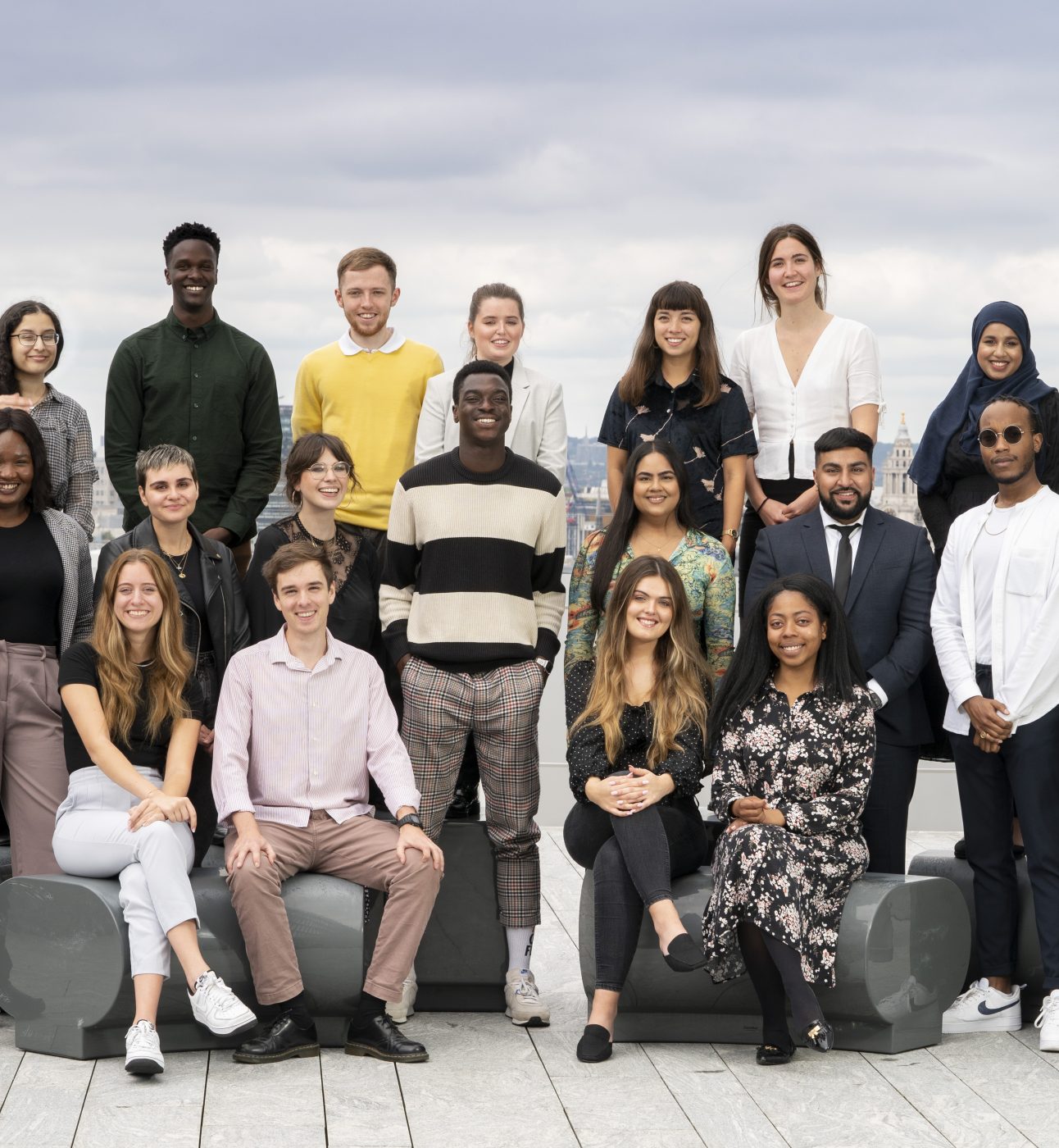
Journalism careers guide
Do you want to be a journalist? Our journalism careers guide is packed full of information, tips and advice on how to get into one of the most exciting careers around.
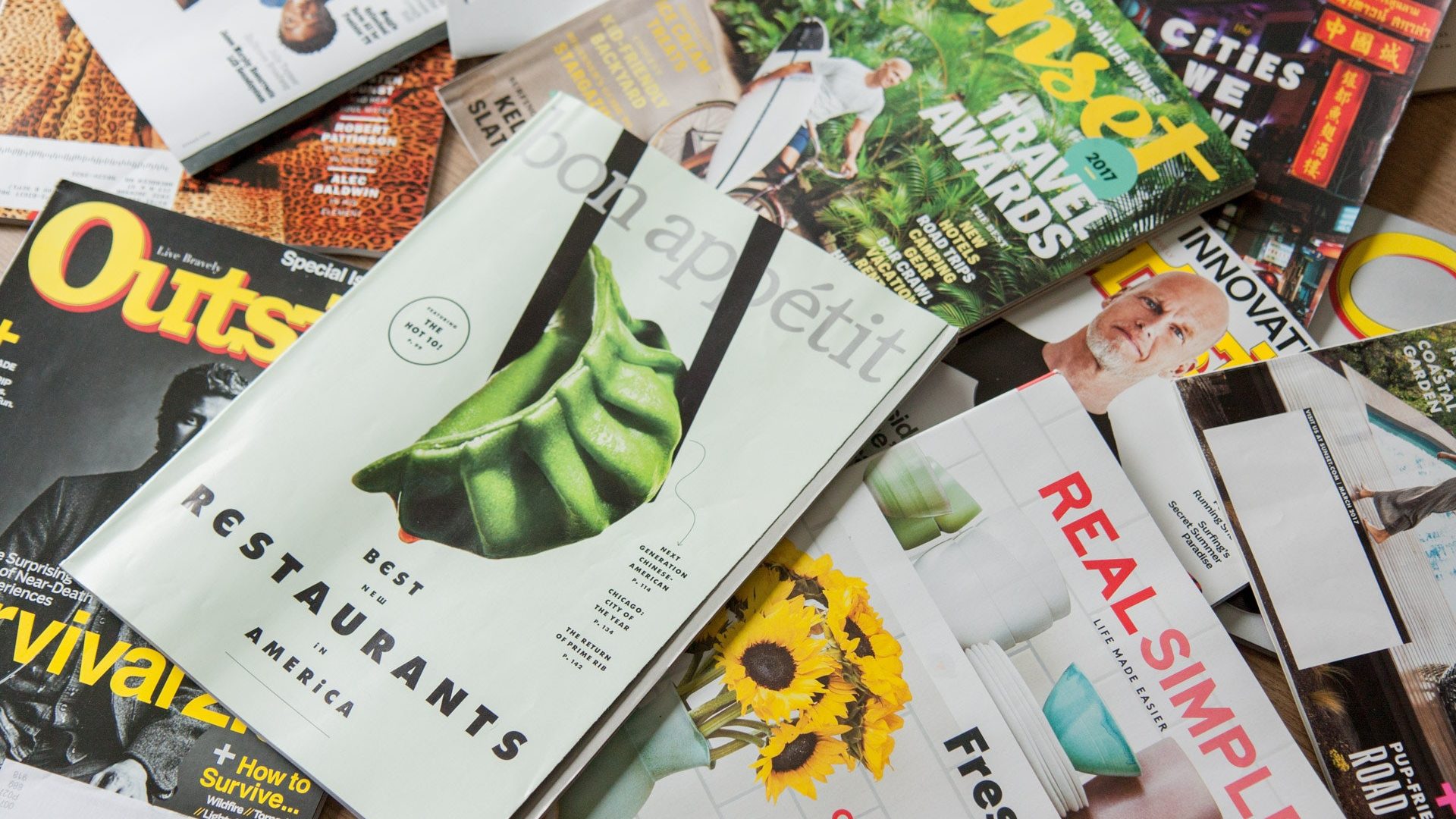
Editors give their top tips on how to stand out from the crowd and make an impression.
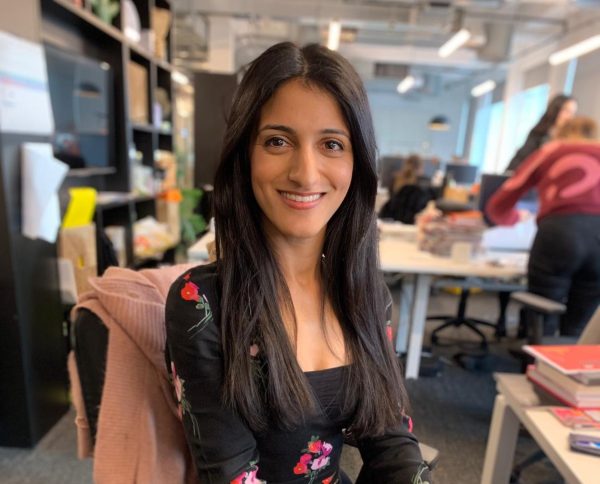 Neeru Sharma, lifestyle editor at Closer magazine, gave us her top tips:
Neeru Sharma, lifestyle editor at Closer magazine, gave us her top tips:
Research: Make sure you read the last few issues of the publication you’re writing to and include features you enjoyed and explain what struck you.
It’s impressive to demonstrate that you’re familiar with the contents.
Make it count: It is no secret that including the correct name of the recipient will make a good impression, and it is not to be underestimated. You’ll find staff lists in the masthead of most publications, and if you’re still unsure, phone and ask for clarity. It demonstrates good initiative and basic research skills.
Be personable: Remember, we’re all human. Use language in your covering letter that you would use in everyday conversation. Don’t be afraid to bring in your personality. If you’re a die-hard fan of a TV listings mag, don’t be shy to include your opinions of a current show.
Be concise: Whether it’s a CV or a covering letter, the likelihood is that an editor will be sifting through hundreds of applications. Think about including only what’s necessary to the role. In a covering letter, point out key things and place them close to the top, in order to grab attention.
Double check: Remember an editor will easily pick up on spelling and grammatical errors. Just one mistake could mean your letter is put aside in the ‘no’ pile. Read it back to yourself, and out loud.
Louise Hastings, managing editor at Sky News, said: “Firstly, read the job advert carefully. Take it point by point and you will be on the right track.
“Do your prep. Think hard about why you want the job and the experience and skills you will bring. Have a couple of interesting story ideas up your sleeve.
“Finally, try as much as possible to be excited about the interview.”
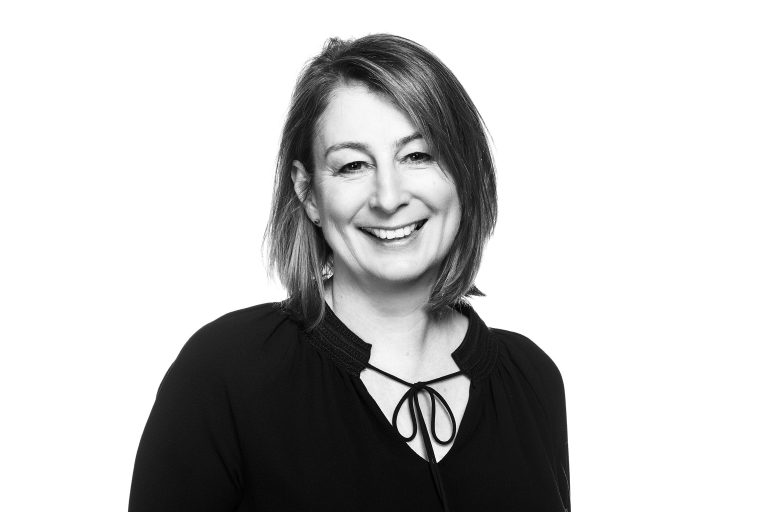
You've got this far and the panel wants to meet you! Channel all those nerves into positive energy.Louise Hastings, managing editor, Sky News
Luke Jacobs, regional editor, South East at Reach plc, said: “You should be prepared to demonstrate passion for getting your foot in the door. Also, try for work experience at regional and local newsrooms.
“Take the time while studying to build up your portfolio and cuttings – see it as building your ‘brand’ as a journalist.
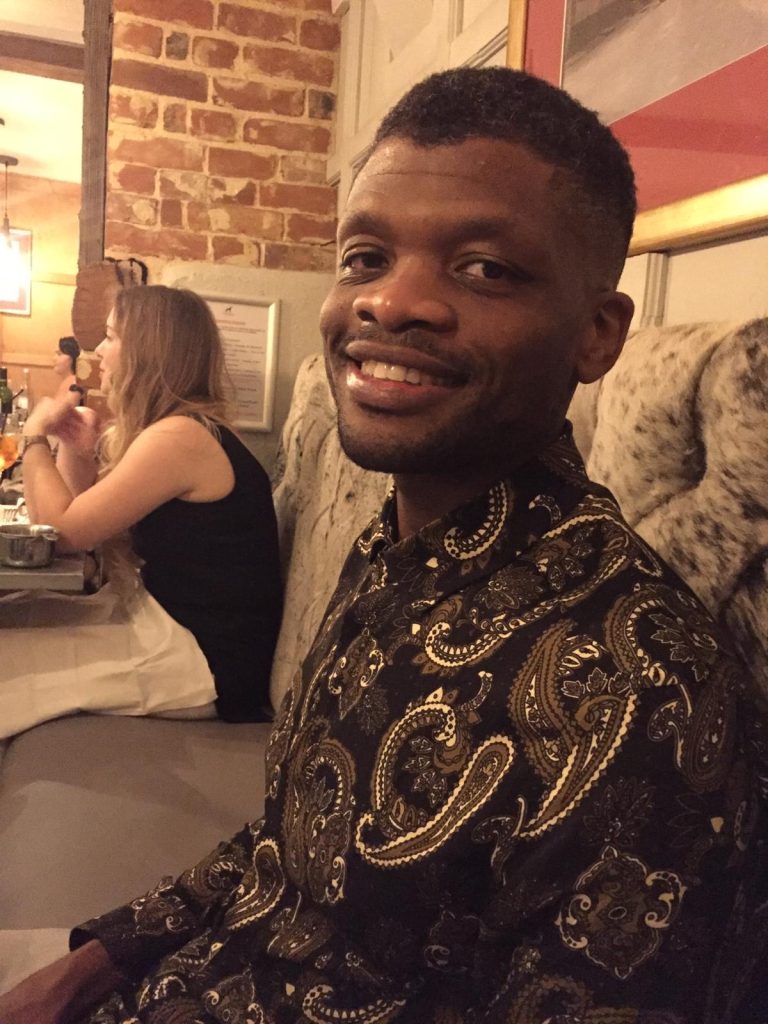
Above and beyond, I'm always impressed by positive minded potential reporters who come to interview with their own ideas, and who are open to trying new things.Luke Jacobs, regional editor, South East, Reach plc

Do you want to be a journalist? Our journalism careers guide is packed full of information, tips and advice on how to get into one of the most exciting careers around.
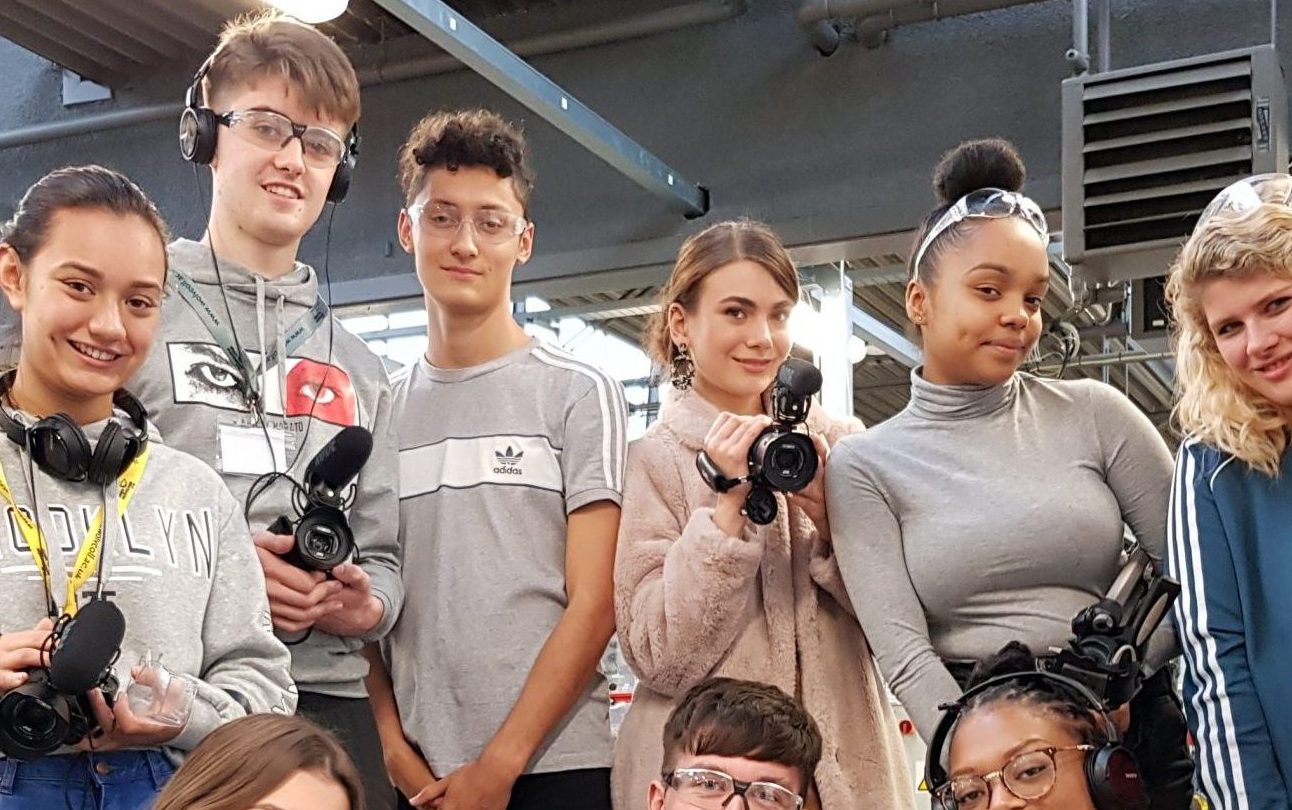
Search for opportunities including jobs, internships and apprenticeships with journalism employers across the UK. To advertise please contact [email protected]…
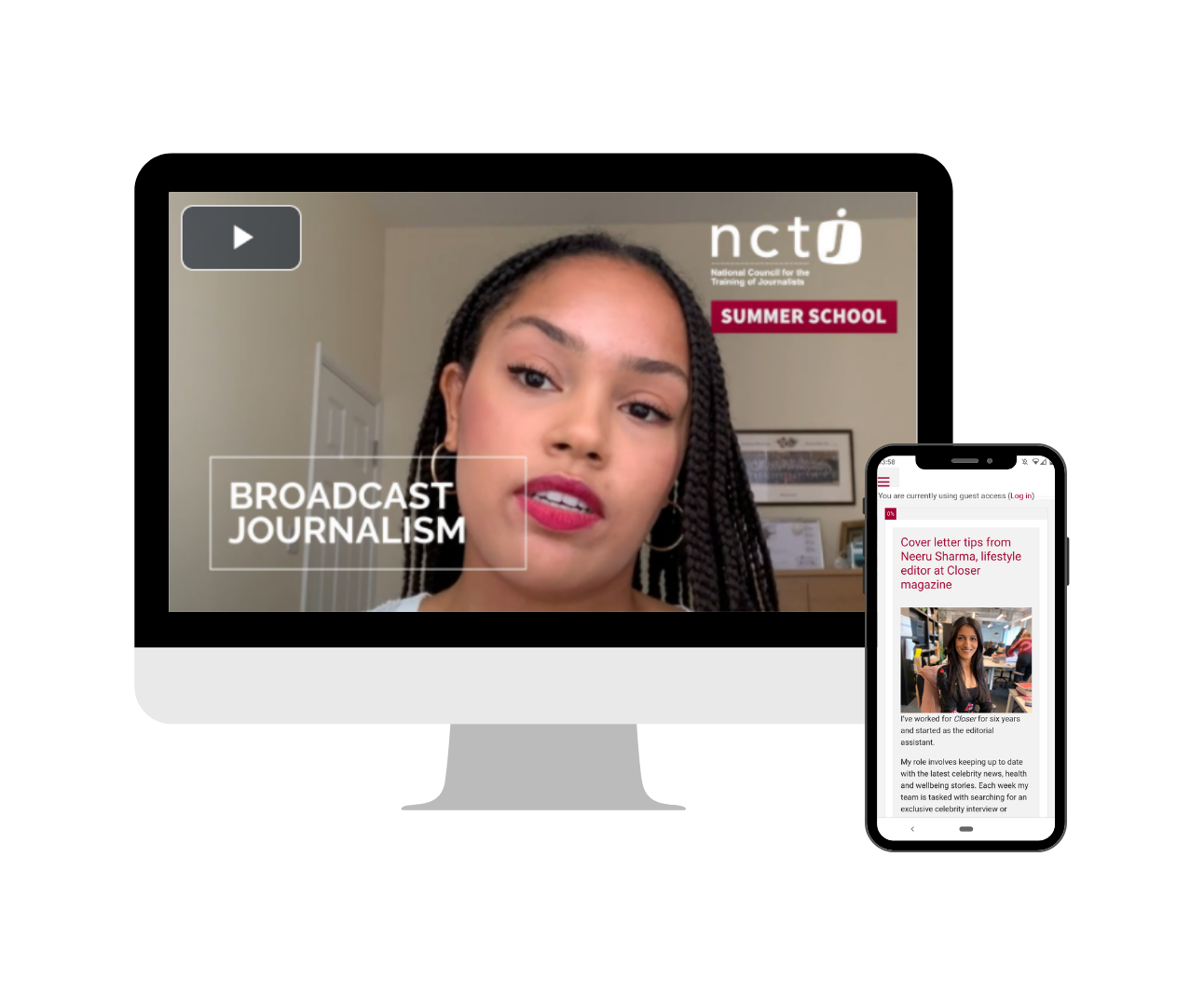
Our Journalism Skills Academy offers a wide variety of free training resources to help you improve your knowledge.